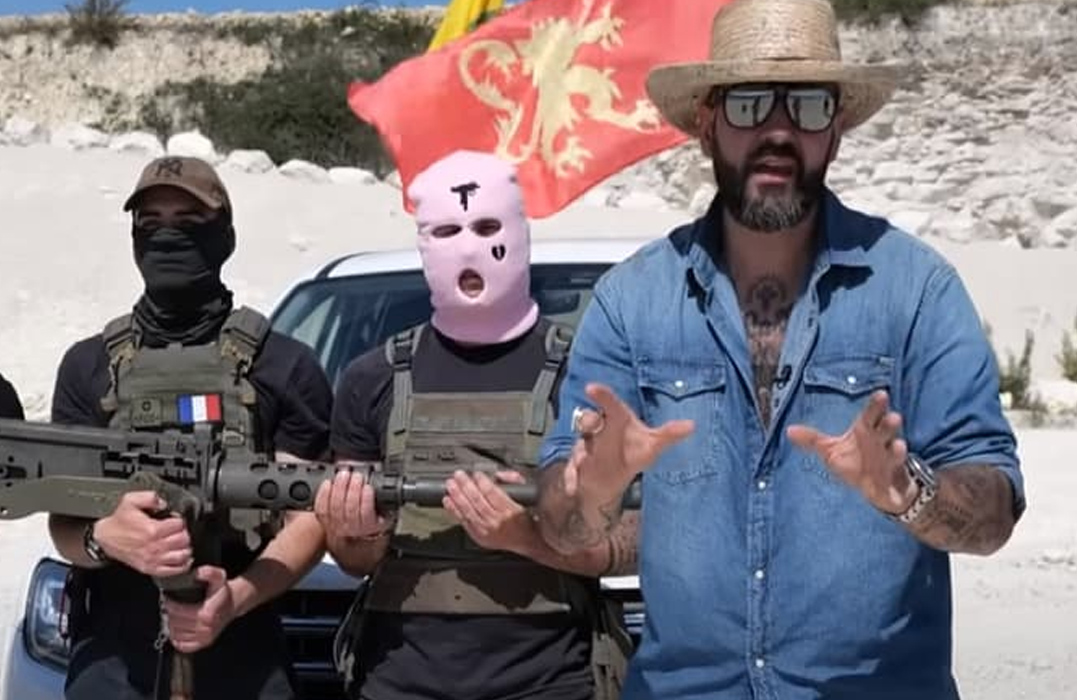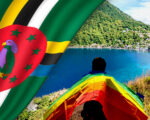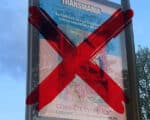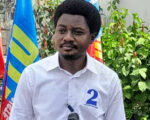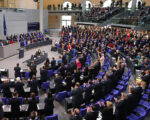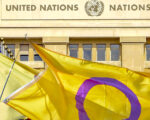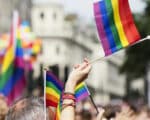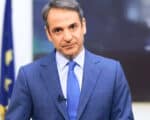>> African states fail to block United Nations’ LGBT rights protector
[spacer]
Le Conseil des droits de l’homme de l’ONU a nommé fin septembre un professeur de droit international, le Thaïlandais Vitit Muntarbhorn, pour enquêter et faire des rapport sur les niveaux de violence et de discrimination contre les personnes LGBT à l’échelle mondiale. Une initiative dont le secrétaire général Ban Ki-moon, ardent défenseur de la cause, s’était vivement félicité.
Mais le 4 novembre suivant, affirmant que les questions d’orientation et d’identité sexuelles ne relevaient pas du Conseil, 54 pays africains, menés par le Botswana, déposaient un projet de résolution pour contester le mandat de l’expert et réclamer sa suspension.
Cependant, l’amendement proposé ensuite par un groupe de pays d’Amérique latine pour le maintien de Vitit Muntarbhorn, a finalement été adopté ce lundi par 84 voix contre 77 et 17 abstentions.
L’Afrique du Sud a voté en faveur du texte, de même que les Européens, les Etats-Unis, le Canada. La Somalie et le Rwanda se sont abstenus. La Chine, la Russie, l’Iran et l’Arabie saoudite ont soutenu l’initiative africaine, déclarant par ailleurs qu’ils ne coopéreraient avec le spécialiste.
L’Assemblée générale doit encore se prononcer en séance plénière, mais il est fort probable qu’elle suivra la décision de la commission.
Sur les 193 pays membres de l’ONU, 73, dont 33 africains, ont des législations criminalisant l’homosexualité. La promotion des droits LGBT fait pourtant partie de la « mission sacrée » de l’organisation, qui accorde depuis 2014 les mêmes avantages et droits matrimoniaux à tous ses employés.
Anne V. Besnard
stophomophobie.org
>> African states have failed to halt the work of the first UN independent investigator appointed to help protect gay and transgender people worldwide from violence and discrimination.
The 47-member UN Human Rights Council, based in Geneva, created the position in June and in September appointed Vitit Muntarbhorn of Thailand, who has a three-year mandate to investigate abuses against lesbian, gay, bisexual, transgender and intersex (LGBTI) people.
In an unusual move, African states put forward a draft resolution in the 193-member UN general assembly third committee, which deals with human rights, calling for consultations on the legality of the creation of the mandate. They said the work of the investigator should be suspended.
However, western countries successfully proposed an amendment that gutted the African group draft resolution. The amendment was adopted in the third committee on Monday with 84 votes in favor, 77 against and 17 abstentions.
The amended draft resolution, which makes no change to the work of the gay rights investigator, was then adopted by the third committee with 94 votes in favor, three against and 80 abstentions.
Russia and Egypt, speaking on behalf of the 57-member Organisation of Islamic Cooperation, said they would not recognize the mandate of the gay rights investigator and would not cooperate with Muntarbhorn. Britain urged all countries to cooperate with the investigator.
Being gay is a crime in at least 73 countries, the UN has said. The issue of gay rights consistently sparks heated debate at the United Nations.
In 2014, UN chief Ban Ki-moon said the UN would recognize all same-sex marriages of its staff, allowing them to receive UN benefits. Russia unsuccessfully tried to overturn it last year, with Saudi Arabia, China, Iran, India, Egypt, Pakistan and Syria among 43 states that supported Moscow.
In February the African Group, the Organisation of Islamic Cooperation and the 25-member Group of Friends of the Family, led by Egypt, Belarus and Qatar, protested the launch of six UN stamps promoting LGBT equality.
Then a group of 51 Muslim states blocked 11 gay and transgender organizations from officially attending a high-level UN meeting in June on ending AIDS, sparking a protest by the United States, Canada and the European Union.



